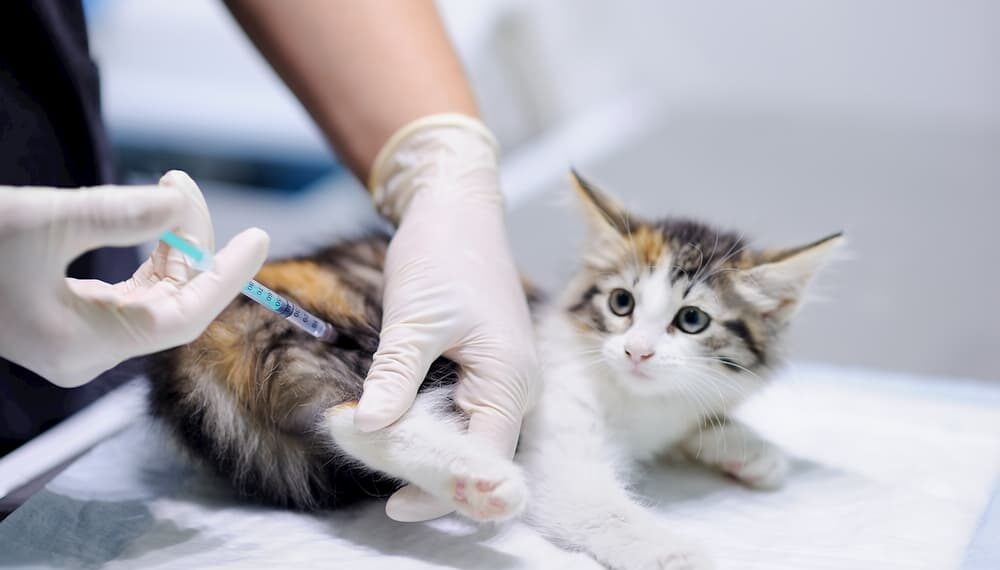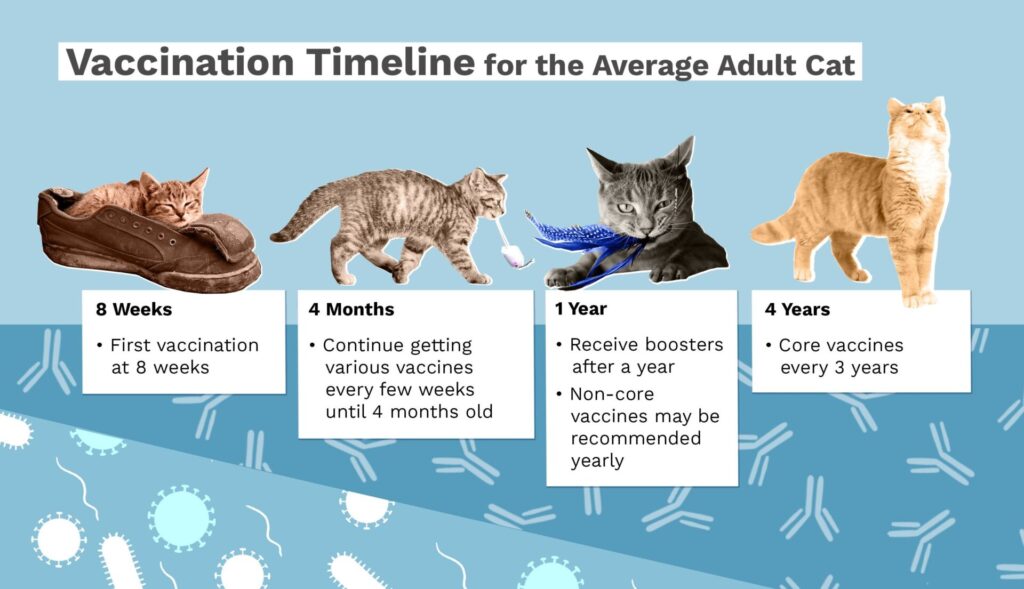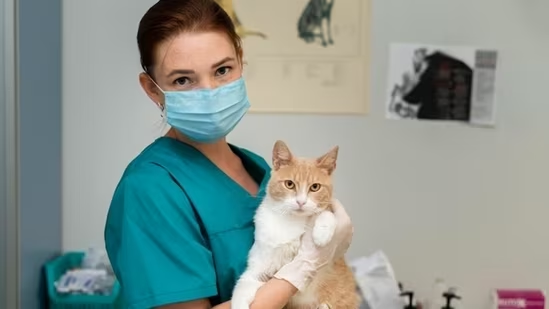Owning a cat comes with the responsibility of ensuring their health and well-being. One crucial aspect of this care is ensuring your feline companion receives essential vaccinations. Vaccinations not only protect your cat from potentially deadly diseases but also contribute to community health by preventing the spread of infectious agents. Here’s a comprehensive guide to understanding and managing vaccinations for your cat.
Why Vaccinations Matter
Vaccinations are critical in preventing various diseases that can affect cats. These diseases can be caused by viruses, bacteria, or other pathogens that your cat may encounter in their environment or through contact with other animals. Common vaccine-preventable diseases in cats include:

- Rabies: A viral disease that affects the nervous system and is fatal if not treated promptly.
- FVRCP: Protects against feline viral rhinotracheitis, calicivirus, and panleukopenia, which are highly contagious respiratory and gastrointestinal diseases.
- Feline Leukemia: Caused by the feline leukemia virus (FeLV) and can lead to cancer and immunodeficiency.
Vaccination Schedule and Types
Veterinarians recommend a core vaccination schedule that includes essential vaccines every cat should receive, as well as additional vaccines based on your cat’s lifestyle and risk factors. Core vaccines typically include rabies and FVRCP, while non-core vaccines may include feline leukemia and others based on geographical considerations and individual cat health.

Importance of Booster Shots
After the initial vaccination series, booster shots are necessary to maintain immunity. Boosters help strengthen your cat’s immune response and ensure continued protection against diseases. Your veterinarian will provide a schedule for booster vaccinations based on your cat’s age, health status, and lifestyle.
Veterinary Consultations and Health Checks
Regular veterinary visits are essential not only for vaccinations but also for overall health assessments. During these visits, your veterinarian will discuss your cat’s vaccination needs, conduct physical examinations, and address any health concerns you may have. These appointments are crucial for early detection of diseases and ensuring your cat’s ongoing health.

Considerations for Vaccine Safety
While vaccinations are generally safe, some cats may experience mild side effects such as lethargy or mild fever. Serious reactions are rare but can occur. It’s essential to discuss any concerns with your veterinarian and monitor your cat after vaccination. Vaccinating your cat is generally far safer than the risk of the diseases they protect against.
Conclusion
Ensuring your cat is up-to-date on vaccinations is one of the most important steps you can take as a responsible pet owner. Vaccinations protect not only your cat but also other pets and people in your community. By working closely with your veterinarian and staying informed about your cat’s health needs, you can help keep your feline companion healthy and happy for years to come.





















